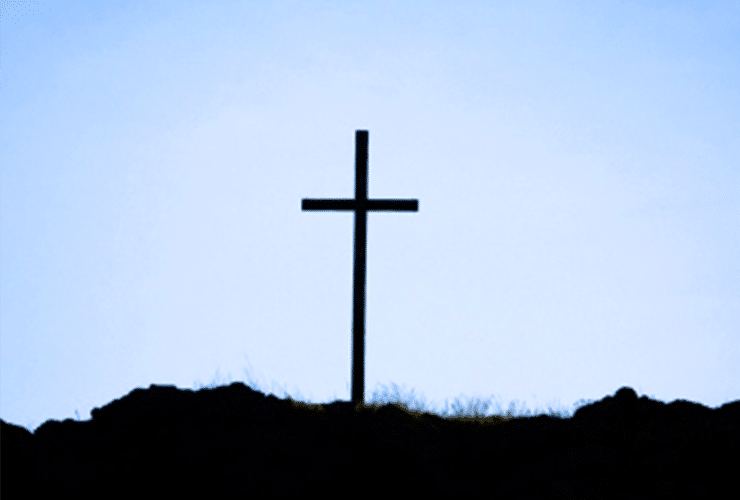Sexual Struggles… and Intimacy with Christ?
Fifteen years ago, there were only a few books for Christians dealing with sexual brokenness issues: overcoming pornography, navigating the deep wounds caused by affairs, handling one’s same-sex attractions, and keeping oneself pure. Today, a multitude of such resources exist...
Solutions for dealing with sexual purity issues abound today. By the way, I don’t really like the word “purity” for several reasons: 1) it’s overused; 2) no one really knows what that word means anymore; 3) it’s definitely not most people’s track record or experience; and, 4) it seems unattainable, which invites despair. I much rather prefer the words “godliness” or “holiness,” because either word offers much more hope, as they imply that God is so invariably involved in the whole process.
The advice on how to deal with sin and temptation, along with the resulting guilt and shame from failure and sin, comes from varied sources today—mostly with lots of advice about what to do and not to do. One professional says to snap your wrist with a rubber band when tempted. Another says to have multiple accountability partners and call them at the first sign of temptation. We are told we need to deal with issues arising from our family of origin, work the steps, and journal our feelings/temptation cycles. Still others talk about how we need multiple Internet filters, reporting systems, and barriers in place 24/7. Just trying to get free and stay free can be a full-time job!
Now don’t get me wrong. All these things are good tips and can be very helpful tools. But they just don’t identify the core problem we all face. They don’t deal with the larger issue of why we find ourselves so trapped and enslaved by our struggles and sin. While it’s helpful to be aware of our family origins and the environmental triggers that lead us into trouble, sometimes I think we just make purity—or “godliness”—all too complex. No wonder we throw up our hands in frustration and agony, wrestling with a miserable record of trying to deal with this stuff. We try. We fail. We try again. We fail again.
However, when we begin to understand who we are “in Christ” and start to take hold of and live out our intimate and inseparable union with him in his life and death—when we grasp that, nothing, including our sins and repeated failures, can separate us from the love of Christ. When we wonderfully give up and see that we can’t do one thing to add to what Christ has done for us; and when we rejoice in the knowledge that, as Martyn Lloyd-Jones said, “God is our Heavenly Father who always delights to see us coming to him (at our time of deepest need), to receive us, that he is looking upon us with favor, smiling upon us, always ready to bless”—well, that changes everything (Romans: Assurance, Exposition of Chapter 5, Banner of Truth, 38-39).
It changes everything, because it changes us. It transforms us! We no longer are orphans, living out a weary existence by our own wits, but we are loved sons and daughters of a king. We are royalty! We serve a king who gives himself to us intensely, relentlessly, and completely. There’s no short cut to understanding this, no fast-track or multiple-step program to spiritual health. This is a journey of a lifetime, one that is filled increasingly with what every one of us longs for: love, peace, meaning, and a never-ending future. To effectively deal with the barrage of temptations we face—the idols, sexual and otherwise—that are always vying for a place in our hearts, Jesus must “become more precious to us than those vile lusts have been,” as a Valley of Vision prayer says.
Pastor Scotty Smith says this about realizing who we are and what we have in Christ: “The more precious he becomes to us, the more we watch our guilt and shame melt away. The more we see him for what he really is, the more we see all other precious currencies as the fool’s gold they really are. The more we come to him, the more we realize that it’s him who is always coming to us first” (Everyday Prayers, February 3).
